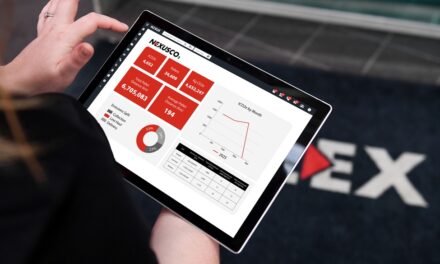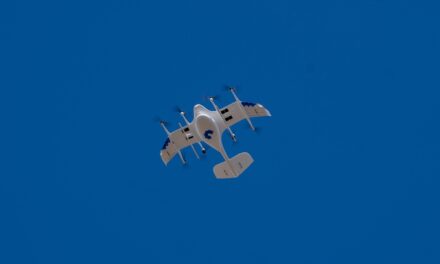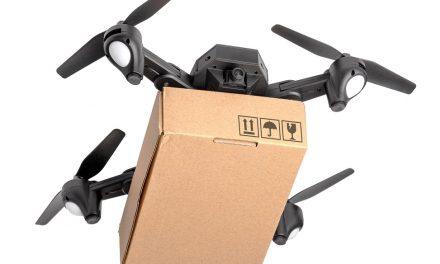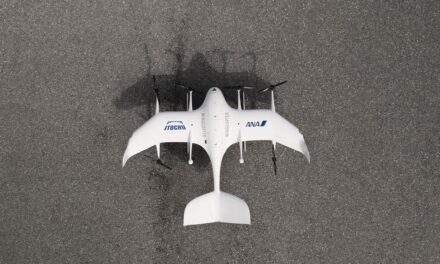
The Drone Delivery Group calls on UK Government to “lay the foundations for our industry to flourish”
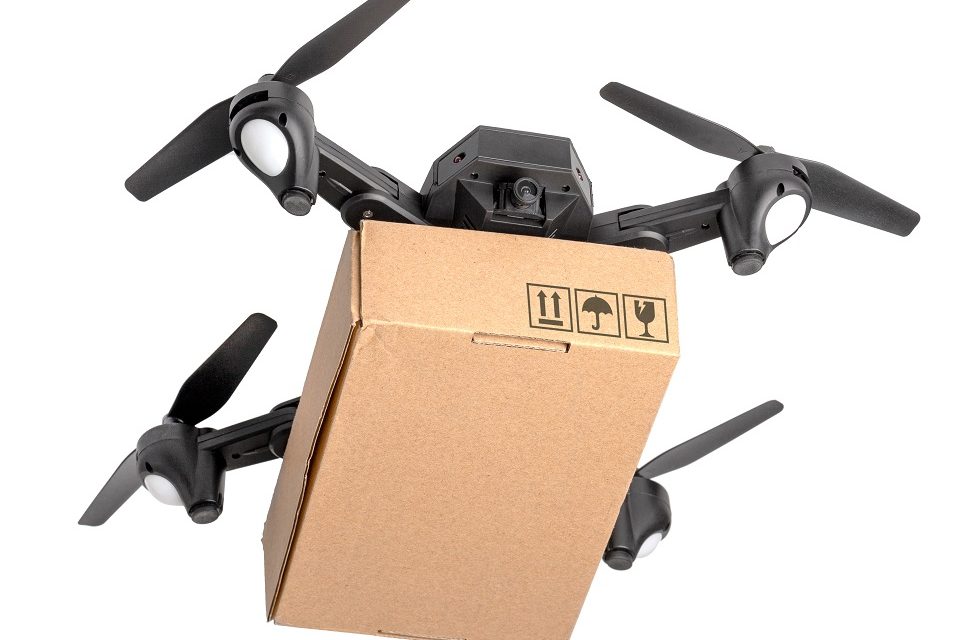
The Drone Delivery Group has presented the UK Government with a landmark national strategy for drone technology across land, sea and air to rapidly, safely and efficiently accelerate growth by capitalising on an industry estimated to be worth over £45 billion to the UK alone by 2030.
The White Paper, ‘A National Strategy for Drones Across Land, Sea and Air’, was submitted by the Drone Delivery Group – an independent collaboration of over 400 leading industry experts, commentators and stakeholders – and received extensive support from feedback during its consultation period.
The White Paper unveils a strategy for the UK government to facilitate the adoption of autonomous drone technology, safely and securely across the UK, potentially adding billions to the UK economy and creating hundreds of thousands of new jobs.
One of the key concerns driving the need for the White Paper is to address the current lack of harmonisation between the application of regulations and industry standards between air, land and maritime drones.
Robert Garbett, Chairman of the Senior Advisory Board of the Drone Delivery Group, in his review of the Operational Delivery Committee’s work in compiling this Paper stated:
“For hundreds of years, it has been widely accepted that traditional forms of transport would not dramatically evolve past their original purpose, with aircraft flying in the sky, ships sailing on seas and cars driving on roads. With the exciting potential of the drone industry, this is now no longer the case. Drones have created a paradigm shift which requires an evolution in the way the UK regulates in this area to avoid stifling an opportunity for UK Plc which could force the majority of drone business overseas.
“We are calling on the UK Government to lay the foundations for our industry to flourish, and in so doing, lead the world in this remarkable technology. Today, we have set out a strategy, to develop a harmonised and coordinated approach to standards and regulations, across land, sea and air, in order to realise the benefit for generations to come.”
Autonomous vehicles will be part of our future
It is now agreed by industry experts that it is inevitable that autonomous or remotely piloted drones will form an integral part of the world economy, helping to shape a cleaner and more prosperous economic outlook.
However, there is currently still an urgent need for strong support and acknowledgement within Government for a harmonised approach to the regulation and standardisation of drones across land, sea and air in the UK.
John Haffenden, Chief Executive Officer of the Drone Delivery Group said that: “As a not-for-profit organisation, we have focused our work on providing strategic advice to the UK Government on all-domain drone operations. Our aim is to maximise the benefit of drones to society, to build a strong drone industry and to ensure the UK captures the obvious benefits this will bring to our economy.
“This paper tackles how better to harmonise our approach to regulations and standards across land, sea and air in preparation for the imminent arrival of digitally operated autonomous drones in all environments. Without a solid strategy, operational chaos, reduced safety and data security will be the result in what will continue to be a predominantly manned transport environment.
“Additionally, the work of the Operational Delivery Committee (ODC) of the Drone Delivery Group on this paper, headed by the Chair of the ODC Fred Harbottle and involving many industry experts, must be commended for its robust approach to this issue.”
Robert Garbett, Chairman of the Senior Advisory Board of the Drone Delivery Group, added: “PWC recently revised its forecast for the economic benefit of drone technology, estimating it at £45bn in contributions and £22bn in net savings to UK plc by 2030, equivalent to some 1.6% of projected GDP… and this estimate focuses solely on the use of drones in the air! Consider land, maritime and air drones together, and you have a huge growth opportunity which is ready to be taken forward now.
“Drone technology can also reduce carbon emissions by 2.4m tonnes, but none of this will be possible unless the UK changes the way that it regulates drones across land, sea and air, with safety and the security of data being the main priorities. It is vital that the Government acts now to firmly establish the UK as an industry leader in drone technology.”
The White Paper, along with the 3 associated research papers supporting its recommendations, is available to read in full here.

